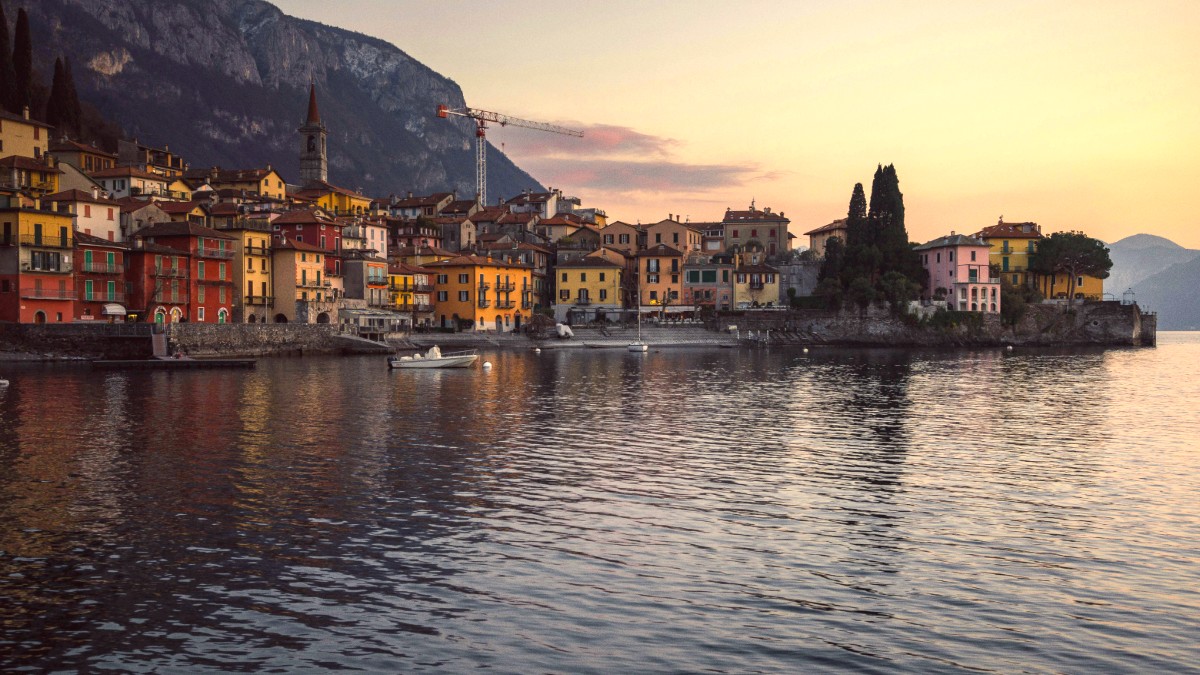
The Italian Lakes, Italy
Parts of Lake Como and the surrounding mountains are protected areas. Adhere to signage and regulations when visiting these areas. Stay on marked paths during hikes.
Italy has robust recycling programs. Utilize clearly marked bins for different types of waste: paper (carta), plastic/metal (plastica/metallo), glass (vetro), and organic waste (organico/umido). Avoid littering, especially around the lake.
While Lake Como itself has abundant water, responsible water use in accommodations is encouraged. Turn off lights and air conditioning when leaving your room to save energy.
Further steps for environmentally conscious travel.
Consider offsetting the carbon emissions from your flights through accredited carbon offset programs. Many airlines present this option directly during booking, or you can choose an independent program like Terrapass.
Choose properties and tour providers that show a commitment to sustainable practices. Look for certifications or stated policies regarding energy efficiency, local sourcing of food, waste reduction, and water conservation. Ecobnb lists eco-friendly stays. G Adventures is an ethical tour operator.
Support local artisans and businesses that strive to preserve traditional crafts, like silk production, and other aspects of cultural heritage. Your purchases contribute directly to these efforts.
Consider bringing your own reusable bags, water bottles, and coffee cups to reduce waste. Shops like Package Free Shop offer reusable travel items.
Look for locally produced crafts and food items. Inquire about the origin of products. Support businesses that employ fair labor practices and produce goods sustainably. Look for products from Patagonia for sustainable outdoor gear.
Support The Rainforest Site.Appropriate charitable giving, if you choose to donate, should be directed to reputable local charities rather than giving directly to individuals on the street. Research organizations to ensure your donation has positive local effects.
Deepen your cultural connection and ensure your visit provides local benefit.
Learn a few basic Italian phrases. Always greet shopkeepers and restaurant staff. Use the formal "Lei" when addressing strangers. Politeness and patience are valued in all interactions.
Be mindful when taking photos, especially of people. Avoid photographing private residences without permission. Ask before taking close-up photos of individuals. Respect their right to privacy.
Dress modestly (shoulders and knees covered) and maintain a respectful demeanor when visiting churches or sacred sites. Keep your voice down and turn off flash photography unless otherwise permitted.
Prioritize spending with local, independent businesses. This includes family-run restaurants, small shops, and local tour guides. This approach confirms that the economic benefits of your visit remain within the community rather than flowing to large international corporations.
Avoid any activities that feature the exploitation of animals (e.g., unethical animal tourism) or local communities. Research tour operators to confirm they adhere to ethical guidelines.
Steer clear of any tourism activities that exploit animals for entertainment or profit. Choose observations in natural habitats instead.
Be aware of overly pushy street vendors or scams; a polite "no, grazie" is usually sufficient. Your choices uphold local dignity.
Before booking, investigate tour operators and activity providers to ensure their ethical commitments and responsible practices.